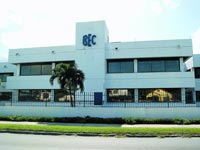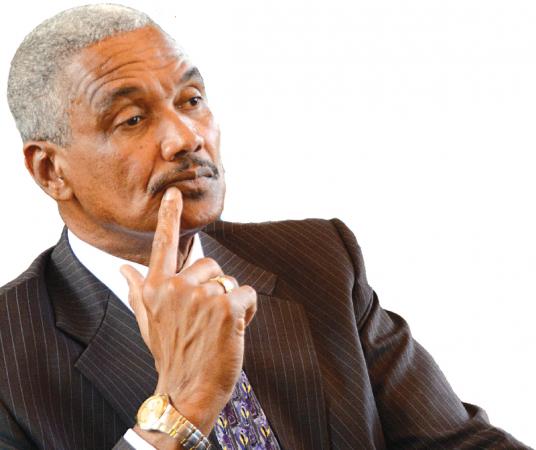 The Bahamas Electricity Corporation (BEC) spends nearly $1 billion in foreign cash reserves annually on the purchase of fossil fuels.
The Bahamas Electricity Corporation (BEC) spends nearly $1 billion in foreign cash reserves annually on the purchase of fossil fuels.
During its peak BEC can spend more than $1 billion on heavy fuel and lubricant oils just to keep the engines operational, according to Jerry Butler, founding chairman of the Caribbean Renewable Energy Forum (CREF).
It’s an area that Butler believes The Bahamas must keep a close eye on.
“Energy that is used for the grid is mostly controlled by purchases from BEC. BEC spends anywhere at its peak over a billion dollars but anywhere from $750 million upwards to a $1 billion on heavy fuel oil and lubricant oils just to keep its engines going. I would say the energy market in The Bahamas associated with the purchase of fossil fuels is nearly $1 billion in foreign cash reserves that we send out every year,” he said.
Butler said the country’s competitiveness is directly affected by the cost of energy, which is imported by fossil fuels.
“If the stock market raises the prices on fossil fuels like oil and we have to buy that then the cost of production goes way higher than anybody else that is using alternative energy and therefore we are subject to a lack of competitiveness in most of our industries because of that fact,” he explained.
“The use of those fossil fuels means that our generation of energy and the cost of generation is outside of our control. Our fossil fuels are bought on the stock market, controlled by market forces and supply and demand.”
He said the need for The Bahamas to implement alternative energy sources should begin at the policy level, creating a paradigm shift.
Butler said now is the time for the average Bahamian to have the ability to generate their own electricity, easing the overall burden on BEC.
“That sort of policy directive probably requires parliamentary action and when you have parliamentary action that absolutely makes it legal for you to generate electricity, and makes it mandatory for BEC to pay for your excess electricity,” said Butler. “Then you move into a scenario when you start to net meter or outright sell electricity on to your neighbors and the electricity that you are selling to them is sustainable and cheaper.”
Butler’s comments to Guardian Business come weeks before he hosts CREF in Puerto Rico. CREF is an annual meeting between more than 200 renewable energy stakeholders from the Caribbean and the Americas and various ministers of energy and utility owners/managers within the region.
The three-day conference takes place at the Ritz Carleton in San Juan, Puerto Rico from October 15 to 17.
By Scieska Adderley
Guardian Business Reporter



